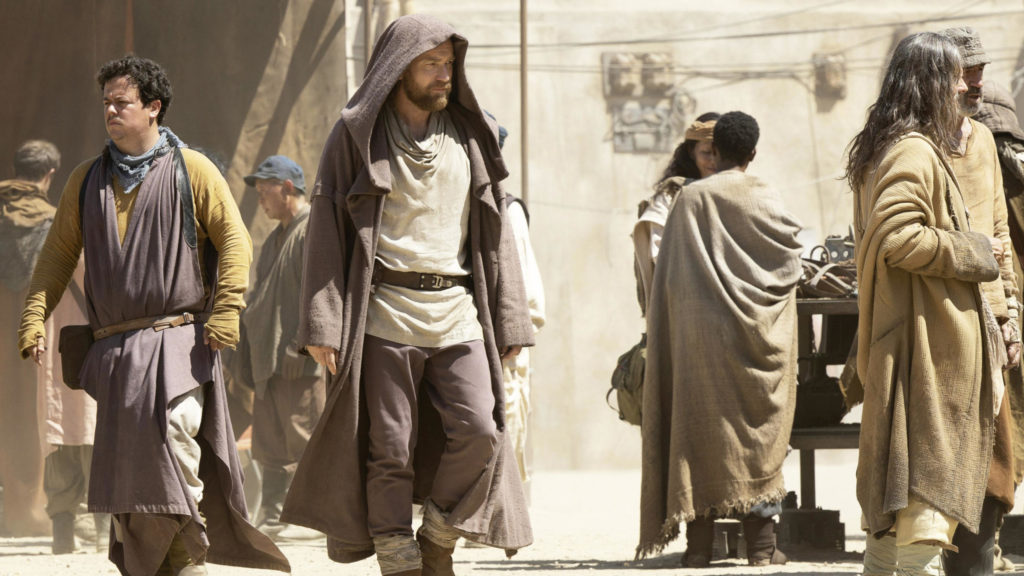For a show that was as hotly anticipated as Obi-Wan Kenobi was, it was almost impossible for it to satisfy all the expectations fans had built up over the last 17 years since we had seen Ewan McGregor play the titular character in Star Wars Episode III- the Revenge of the Sith. And while the show fails to satisfy those expectations, as expected, it feels like it doesn’t try as much as it could to meet them. That is a shame, because the show is full of beautiful elements and moments that fail to combine to create a great show.
Ten years after the battle on Mustafar, Obi-Wan Kenobi (Ewan McGregor) is called back into action when Bail Organa (Jimmy Smits) asks him to rescue a kidnapped Princess Leia Organa (Vivien Lyra Blair). Soon, he finds that the Leia was used as bait to draw him out of hiding, as he’s pursued by a driven inquisitor named Reva (Moses Ingram) who’s trying to appease herself to Darth Vader (Hayden Christensen). A broken man who’s struggling to reignite his connection to the Force, Obi-Wan has to dig deep inside himself so that he can, once again, become the Jedi Knight Leia, and other underground rebels, need him to be.

McGregor effortlessly slides back into the robes of Obi-Wan, portraying his signature sense of righteousness (and just a hint of that old sass), now along with the quiet desolation of knowing his way of life is a thing of the past, and also that he failed his padawan and lost him to the dark side. Vivien Lyra Blair is also a delight as young Leia, embodying not only the character’s rebellious spirit and spunk but also her curiosity and empathy. Lastly, the joint performance of Hayden Christensen and James Earl Jones as Vader brings a new light to the character, showing his rage and anguish as well as his sheer ruthlessness, adding a new edge to the character that was always implied by his reputation but never seen before on the screen.
As great as these performances are, Obi-Wan Kenobi is let down by its writing.
The strong first and last episodes are bridged by underwhelming middle episodes that try and fail to echo classic Star Wars moments such as the Death Star infiltration in A New Hope and the rebel base siege in Crait in The Last Jedi. The structure of the series is ill-suited for a TV show, as it often has characters moving from point A to B to C, with Obi-Wan caught in a cycle of rescuing Leia and losing her to the Empire and then rescuing her again. Reva, who is the secondary antagonist of the show, is also poorly written, and Moses Ingram’s valiant efforts to portray a compelling character can’t negate such a drawback. The action is also inconsistent, with some fantastic lightsaber duels and many frustrating blaster firefights.
While the finale does have a very strong first half and even a decent second half, it doesn’t erase the substandard episodes that came before it. Obi-Wan Kenobi was significantly rewritten throughout its production, and the end product isn’t a cohesive whole.
Still, the series has been received fairly positively, with its success causing Lucasfilm to consider a second season. If that does happen, let’s hope it’s written more consistently and does justice to the characters involved.